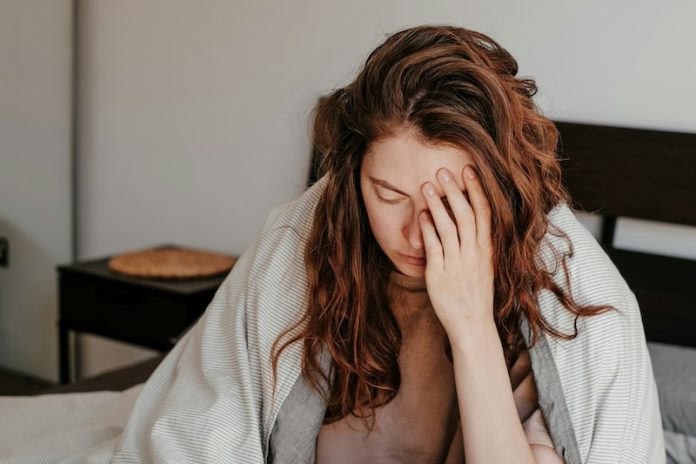
Dr. Randy J. Nelson is one of the world’s top experts on how our body clocks, called circadian rhythms, affect our brain and health.
In a new interview for the Innovators & Ideas series by Genomic Press, Dr. Nelson talks about his life, his research, and what we can do to stay healthy in a world full of artificial light.
Dr. Nelson did not take the usual path to becoming a scientist. He worked night shifts at a turkey processing plant and helped with autopsies in Cleveland hospitals before a job at the San Diego Zoo unexpectedly opened the door to the world of science.
He later became the first person in the U.S. to earn two separate PhDs at the same time—one in Psychology and one in Endocrinology, both from UC Berkeley.
Today, he leads the Department of Neuroscience at West Virginia University and studies the health effects of light exposure at night.
His research shows that artificial light can harm the immune system, cause inflammation in the brain, disturb metabolism, and even affect our mood. These effects go beyond just poor sleep—they affect how our entire body works.
Dr. Nelson’s studies have found that light at night confuses the body’s natural timing system, which evolved to follow sunlight and darkness.
For example, his lab discovered that small changes in light exposure can reduce the body’s ability to fight illness or lead to excessive inflammation. These changes may also play a role in depression, anxiety, and obesity.
Right now, his lab is running clinical trials to test if blocking bright light at night can help hospital patients recover better.
These include patients recovering from strokes or heart surgery, who are often exposed to harsh lighting in intensive care units. His team is also studying whether wearing blue-light visors can help nurses on night shifts sleep better and stay more alert.
One of Dr. Nelson’s biggest ideas is that scientists should consider the time of day when doing experiments. He says the results of a study can change depending on what time the tests are done. This could help explain why some scientific studies can’t be repeated by others.
Beyond his research, Dr. Nelson has helped train dozens of young scientists and is a strong voice for helping early-career researchers succeed. He believes in building supportive environments in academic settings so that young scientists can thrive.
He has also written a book for the general public, called “Dark Matters,” to help people understand why avoiding bright light at night is important for health. He recommends reducing screen time in the evening, using warm-colored lights, and keeping regular sleep schedules.
Dr. Nelson enjoys biking, gardening, and traveling in his free time. His favorite place is still Southern California, where his journey as a scientist began at the San Diego Zoo. His interview reminds us that our health is deeply connected to the natural world and that paying attention to light and time can make a big difference.
If you care about sleep, please read studies about Common sleep supplement could improve memory and findings of Scientists find link between short sleep and higher risk of long COVID.
For more about sleep, please read studies about How sleep affects type 2 diabetes management and findings of Connection between sleep apnea and high blood pressure you need to know.
Copyright © 2025 Knowridge Science Report. All rights reserved.



